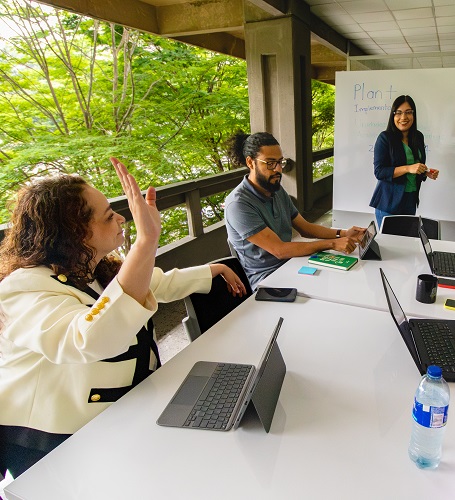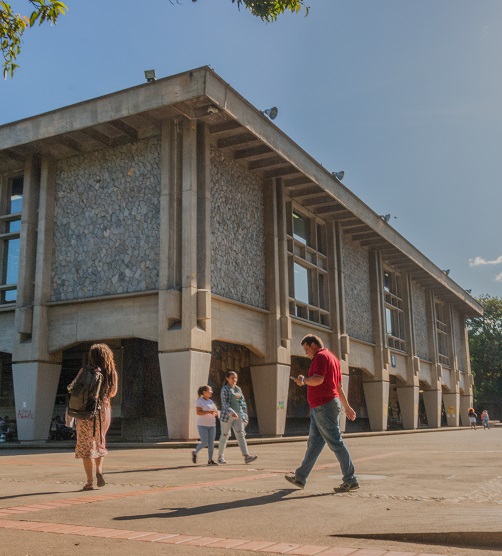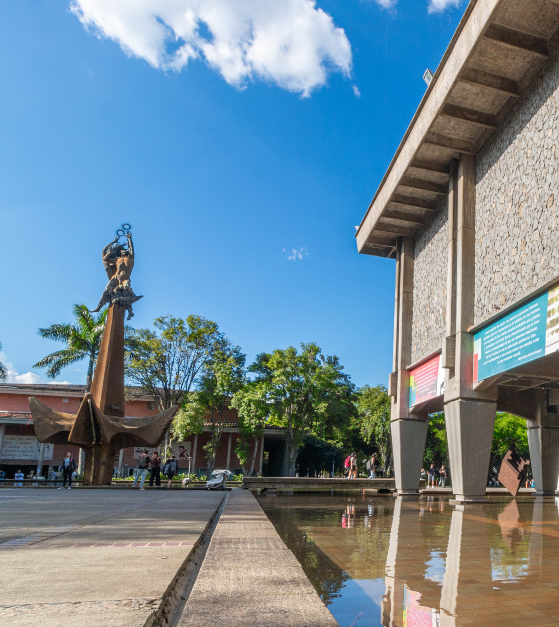 Inicio Header
Inicio Header
 Visor de contenido web
Visor de contenido web
Actualidad

Periódico Alma Máter
La búsqueda de la paz va más allá de la desmovilización y del desarme
1 jul. 2025 9:00:00 GMT-5

Periódico Alma Máter
Las aves que «estudian» en la Universidad de Antioquia
26 jun. 2025 8:00:00 GMT-5

Periódico Alma Máter
Redes sociales y salud mental: la delgada línea entre la información y el autodiagnóstico
25 jun. 2025 8:00:00 GMT-5

Periódico Alma Máter
Un estilo de vida saludable necesita un diagnóstico, no es solo motivación
24 jun. 2025 9:00:00 GMT-5
 Visor de contenido web
Visor de contenido web
Quiero estudiar en la UdeA
Estamos en inscripciones para posgrado. Consulta la oferta de programas.

 Visor de contenido web
Visor de contenido web
 Universidad de Antioquia
Universidad de Antioquia
- ${title}${badge}













